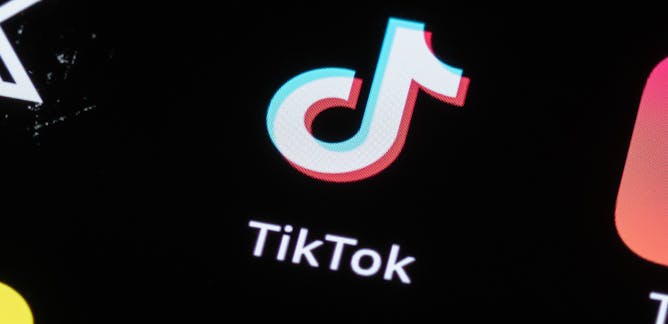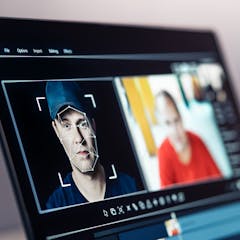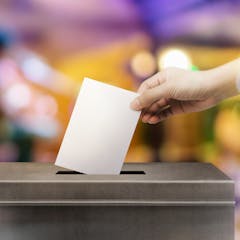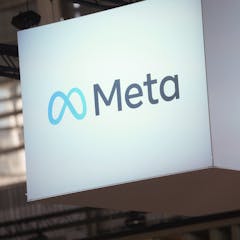
Articles on Misinformation
Displaying 1 - 20 of 356 articles

If the US wants to protect young people from misinformation and foreign influence, focusing on TikTok is barking up the wrong tree.

Donald Trump stands trial – the first former president to do so – on April 15, 2024.

Understanding how to spot a bot is essential, especially for anyone voting in an election.

Why the public resistance to carbon tax policies? New research suggests a few key factors that may play a role in influencing popular support for carbon tax efforts in Canada.

Algorithms that amplify or suppress particular kinds of messages should be seen as a source of harm.

As technology has advanced, AI-generated deepfakes have become more convincing.

How do we distinguish between valuable information from legitimate health experts, and pseudoscientific nonsense from unscrupulous wellness influencers?

About 26 per cent of Canadians use TikTok. Regulating the app in Canada might be a better approach to avoiding external political influence.

Rumours are out of control following the Kate Middleton photo controversy. It seems the royal family’s PR train is running off its rails.

The Princess of Wales is caught in a social media storm after the release of a clearly edited photo. But image editing is increasingly common, and your phone can even do it without you knowing.

Low tech or hi-tech, the next year will determine how much action nations take on election interference.

The news page on Facebook will go, and with it, the flow of money to some Australian media outlets. But will the news content disappear too?

It’s increasingly hard to tell which content online is fake. As malicious actors use generative AI to fuel disinformation, governments must regulate now before it’s too late.

Russia appears to have seized the battleground initiative as the Ukraine war marks its second anniversary – but the conflict is far from over.

People who dive into misinformation are driven to satisfy an emotional need, according to our new research.

Scientists estimate that for every 100,000 people targeted with specific political ads, several thousand can be persuaded.

When we see false information circulating, we might move to debunk it. But prebunking lies and explaining manipulation techniques can work better.

Will the Wagner Group under new leadership uphold the ruthless modus operandi that propelled it to the spotlight in Africa?

Memes have featured in anti-vaccine messaging for centuries and their power to spread harmful health disinformation is growing.

Viral bots are ‘tricking’ social media algorithms to get more coverage for disinformation.
